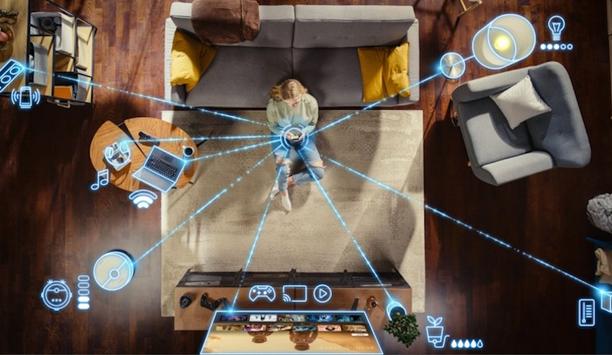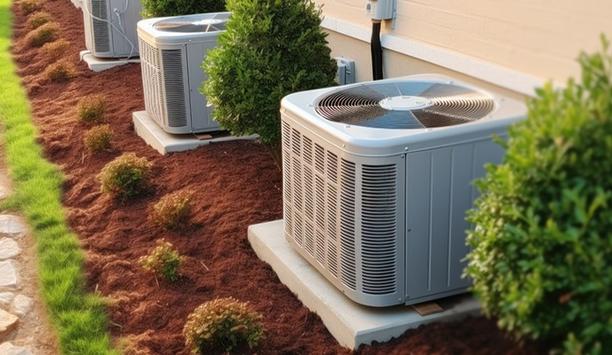Two HVAC technicians, James Lewis and Robert Shook, were among six people murdered in April 2021 by former NFL player Phillip Adams. The gunman came across the technicians outside a customer’s home in York County, S.C., shot them both, and then entered the home and killed the entire family.
The tragedy is an extreme example of the dangers HVAC technicians face every day as they complete their appointed assignments. Danger is inherent whenever a technician enters a stranger’s home. High-crime areas need HVAC services, too, but venturing into sketchy neighborhoods can jangle the nerves of the most experienced HVAC technician.
What can HVAC companies do?
But what can HVAC companies do to protect their employees? Typifying an extreme solution, HVAC company Wheat Ridge, Colo. decided not to take any additional jobs in crime-plagued downtown Denver.
Technicians were weary of stepping over needles and human feces, and tired of their vans getting broken into, according to the company. Field crews were reportedly “very nervous” working in parts of downtown area.
There are many less-extreme steps an HVAC company can take to avoid being victimized by crime. Possibilities range from physical security systems that protect their facilities, to involvement with various crime-prevention groups in a community.
There is a perpetual risk of thieves robbing an office or worksite, targeting cash or supplies. As worksites can change often, vulnerabilities to theft should constantly be reevaluated.
Employees should be notified and warned
There should be specific processes in place to guide an employee on how to proceed in case of emergency
There are also ways a company can protect employees in the field, short of ceasing their activity in a crime-ridden area. Employees should be notified and warned about any high-risk clients or locations. They should know how to call for immediate help in the event of imminent violence.
There should be specific processes in place to guide an employee on how to proceed in case of emergency and detailing how the company and first responders will answer. If a situation seems hostile, a technician should call dispatch to report the problem and to get advice on how to resolve it.
personal defense
As “lone workers,” HVAC technicians are particularly vulnerable and require a specific set of safety measures and solutions. Companies should consider providing personal protection alarms or personal defense equipment, especially when serving crime-ridden neighborhoods.
Employees should also be trained on how to respond to a variety of emergency situations, including how to deal with aggressive customers. Remaining vigilant and observant of one’s immediate surroundings promotes safety.
Additional precautions include ensuring a business vehicle is fueled-up and in good working order. Technicians should routinely keep their vehicle’s windows closed and doors locked. Especially in times of high fuel costs, a simple precaution is a locked gasoline cap.
Tracking devices, including those on a vehicle or on a cell phone, can help to guide police response in case of an emergency.
Theft of tools and Components
Copper evaporator coils and other valuable metals inside HVAC equipment are often targeted by criminals
The service fleet is one of an HVAC company’s biggest investments. Alarms and extra security measures can minimize any losses. Employees who take work vehicles home should have a safe place to park them, preferably inside a fence.
Theft of tools from a work truck presents an expensive risk. Keeping tools and other valuables out of sight keeps them safe, and vehicles should obviously be locked when unattended.
Copper evaporator coils and other valuable metals inside HVAC equipment are often targeted by criminals, who can easily sell the metals for cash. Because HVAC equipment is placed outside and not in plain sight, it’s easy for thieves to access the units unobserved, and quickly steal the valuable metals.
Federal Clean Air Act
Just recently, a thief in Fayette County, Ga., was charged with dismantling and stealing parts from commercial air conditioning systems at several locations. Video surveillance captured an image of a single male suspect who approached the area on foot and has not been identified.
An unlikely tool in prosecution of criminals in the HVAC sector is the federal Clean Air Act, which regulates the release of ozone-depleting gases into the atmosphere. When thieves cut copper tubing to steal it, the regulated gas is emitted into the atmosphere.
Release of ozone-depleting substances can cause public health issues such as cancer, cataracts, and suppressed immunity. Under the Clean Air Act, the release of the substances can yield a $250,000 fine and a potential five-year jail sentence.
the statistics
Despite the incessant headlines, violent crime in the United States only increased by about 3% in 2020, although the murder rate soared 30% between 2019 and 2020. Property crime has decreased by more than half since 1993. Whatever the statistics, dangers persist as HVAC companies seek to serve the public.





































